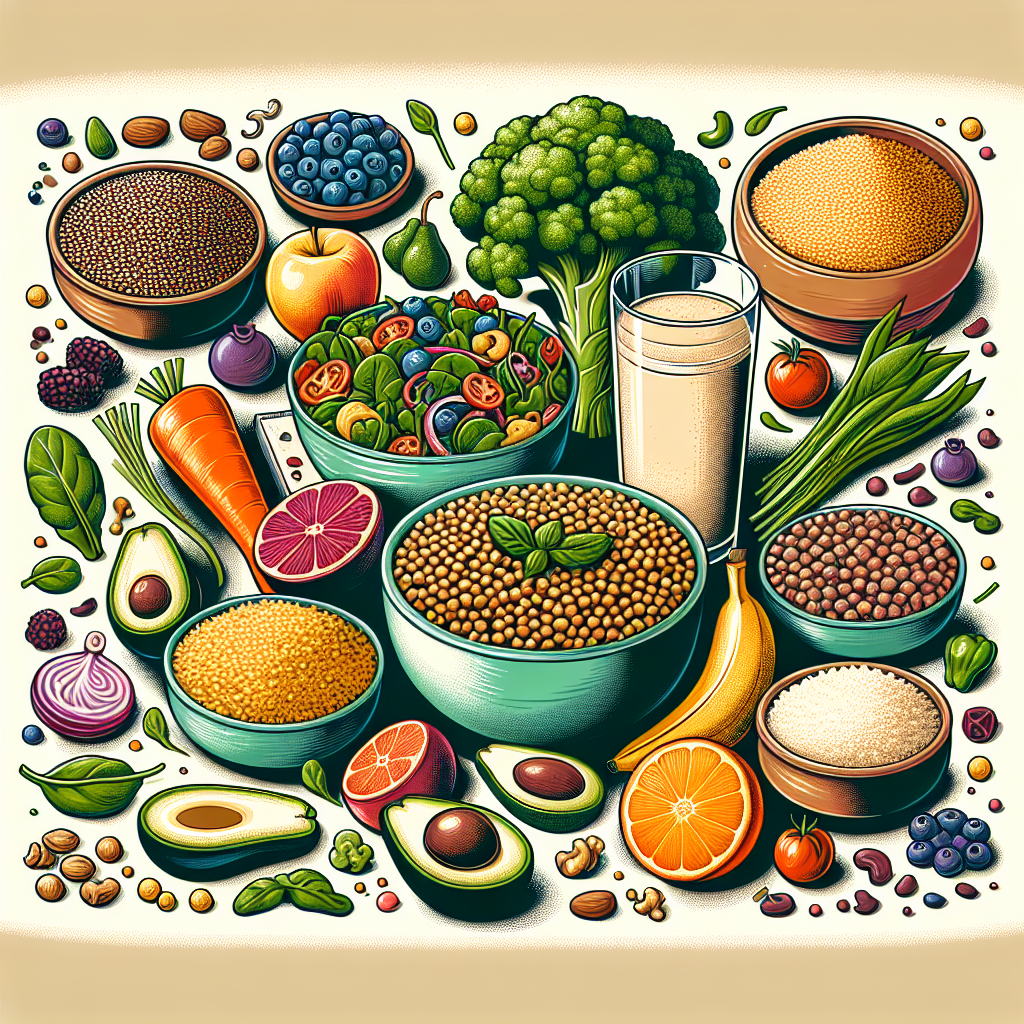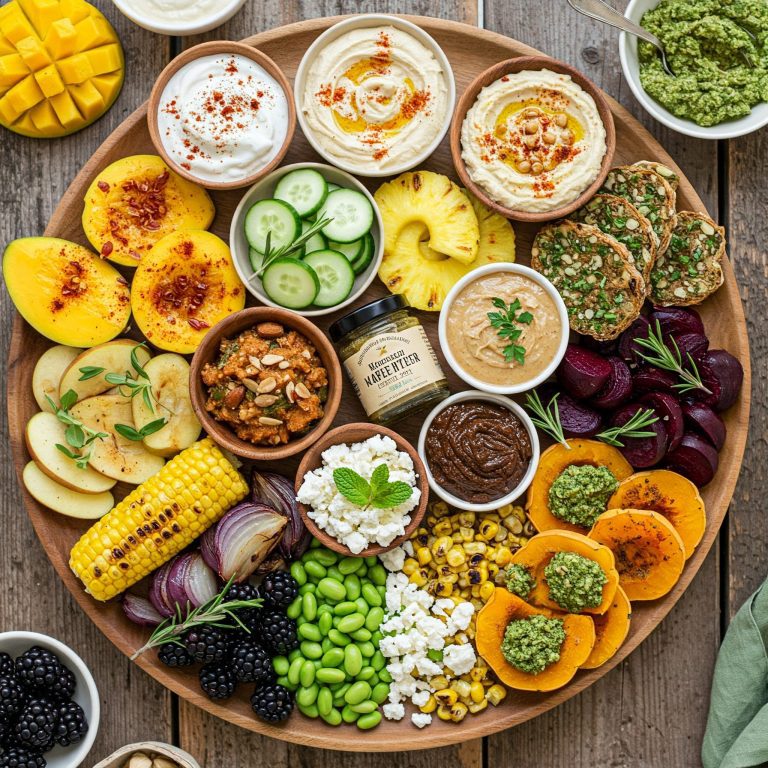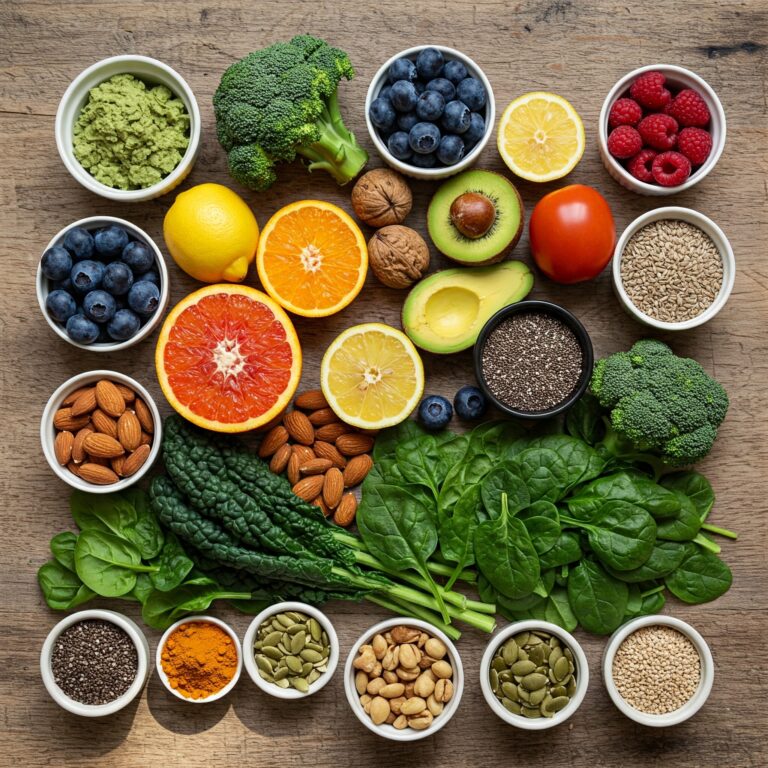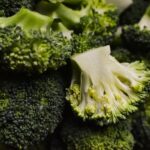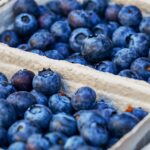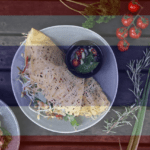First and foremost, most everyone who is entering into a vegan lifestyle typically asks this very question: How do I get enough protein? As it happens, a wide variety of plant-based foods are abundant sources of this very important nutrient, thus ensuring a well-balanced, satisfying diet. Let’s explore the world of high-protein vegan foods spanning across cuisines that range from India to Indonesia.
The Importance of Protein in a Vegan Diet
Protein is one of the most critical constituents in the growth and repair of tissues; it is an essential requirement for everyone. Most people generally link high protein levels to animal source-based foods, but the vegan landscape is full of alternatives. Although plant proteins are not complete in all nine essential amino acids, they can be combined to build a well-rounded dietary profile.
Global Delights of High-Protein Vegan Foods
Lentis (India)
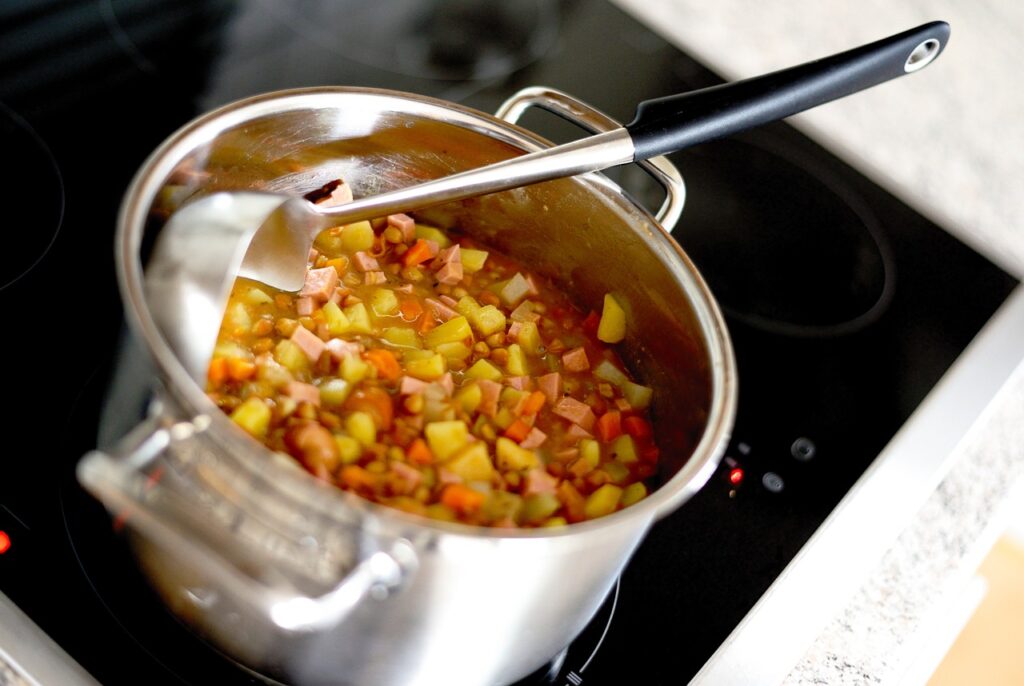
Lentils are a staple in the Indian diet and pack a whopping 18 grams of protein per cooked cup. Small legumes also provide fiber and iron in appreciable amounts.
Tofu (China)
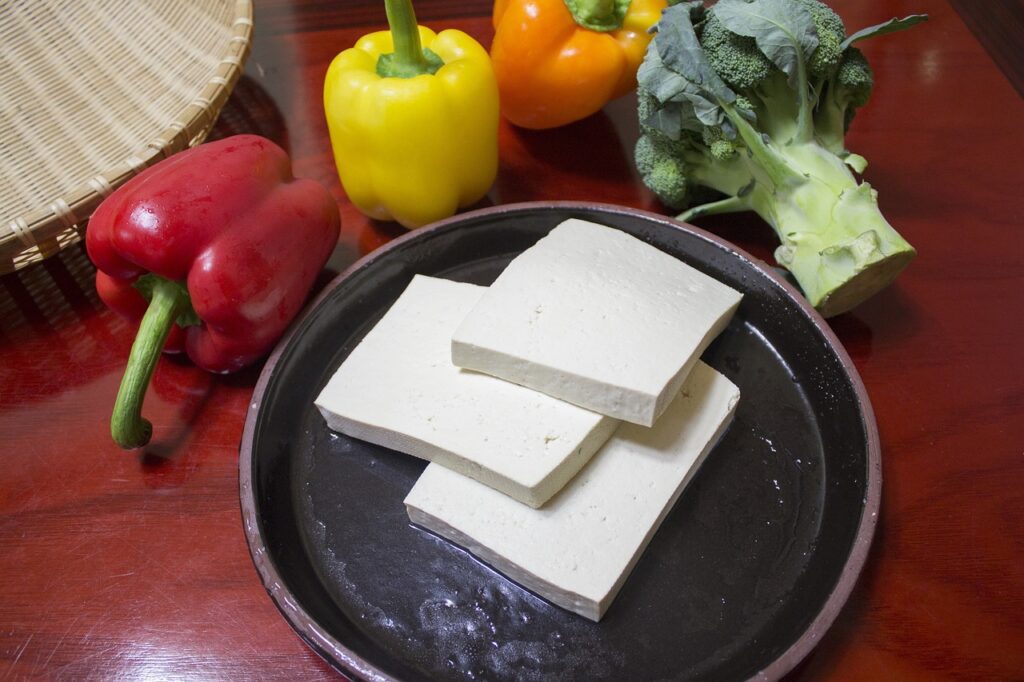
Tofu is a versatile product based on soy, containing approximately 10 grams of protein per half-cup serving. It has almost a neutral taste and hence can be used in a lot of dishes.
Quinoa (Peru)
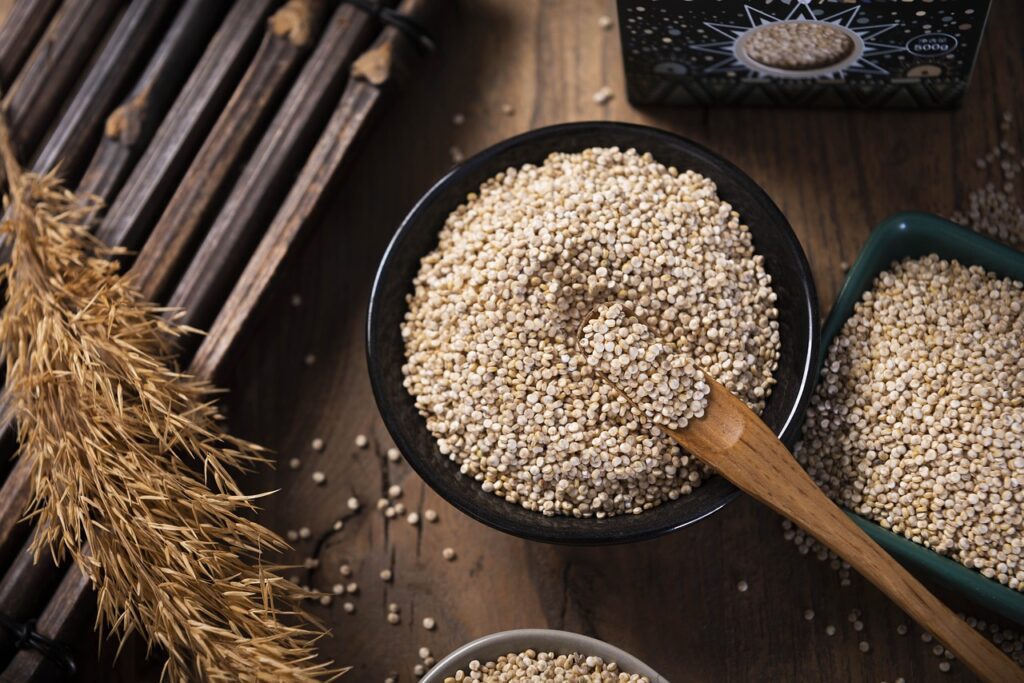
Quinoa is a complete protein and contains 8 grams per cooked cup. This ancient grain is an also-rich source of fiber and essential nutrients.
Chickpeas (Middle East)
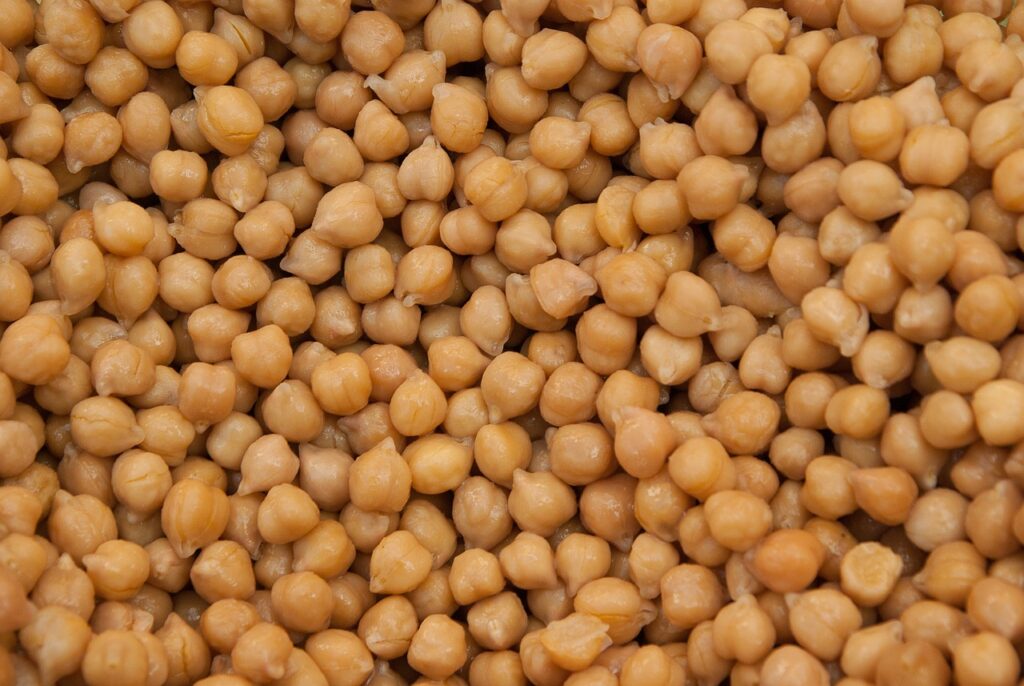
Chickpeas mainstays of the Middle Eastern diet, provide 15 grams of protein per cooked cup. They’re also a great source of fiber and folate.
Tempeh (Indonesia)
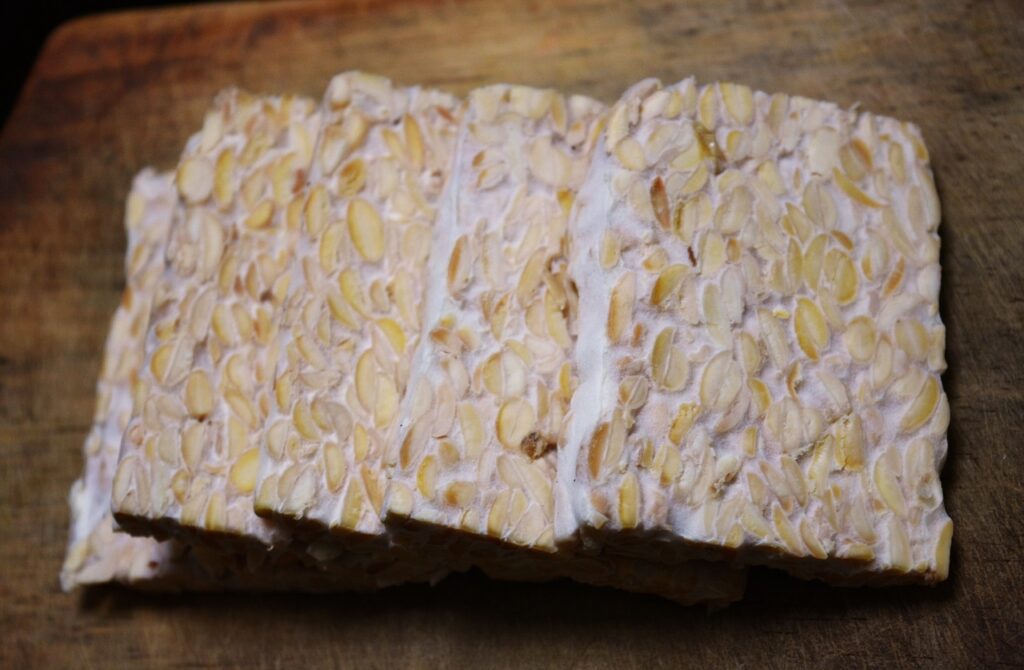
Tempeh is a fermented soybean product packing 15 grams of protein per half-cup serving. It’s known for its texture and nutty flavor.
Edamame (Japan)
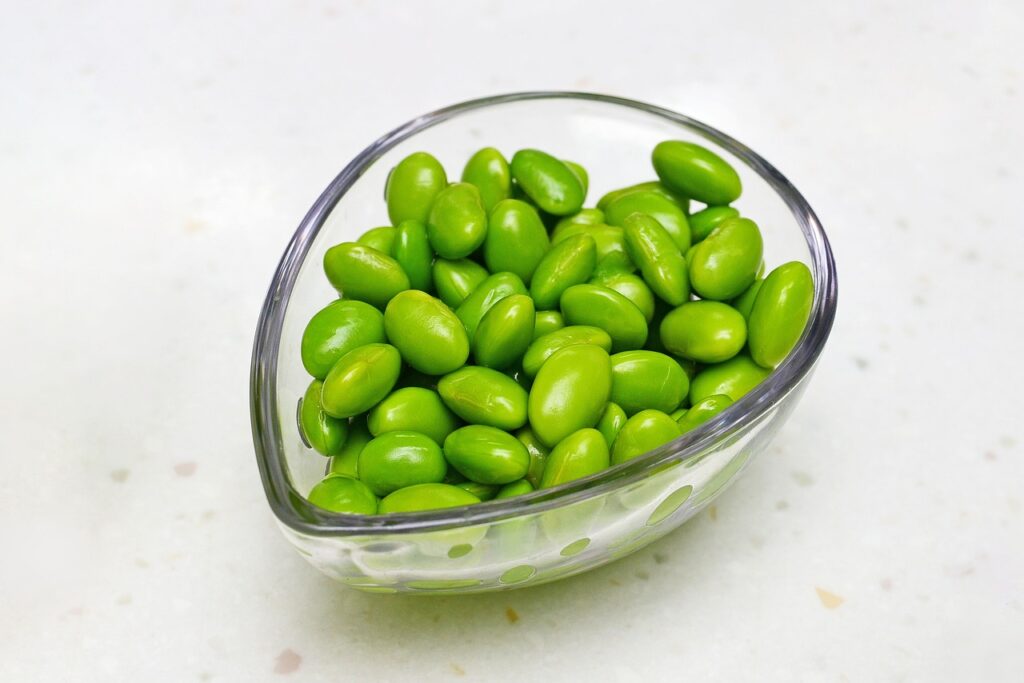
Edamame are immature soybeans that pack 17 grams of protein per cooked cup. They’re full of a lot of different vitamins and minerals, too.
Seitan (China)
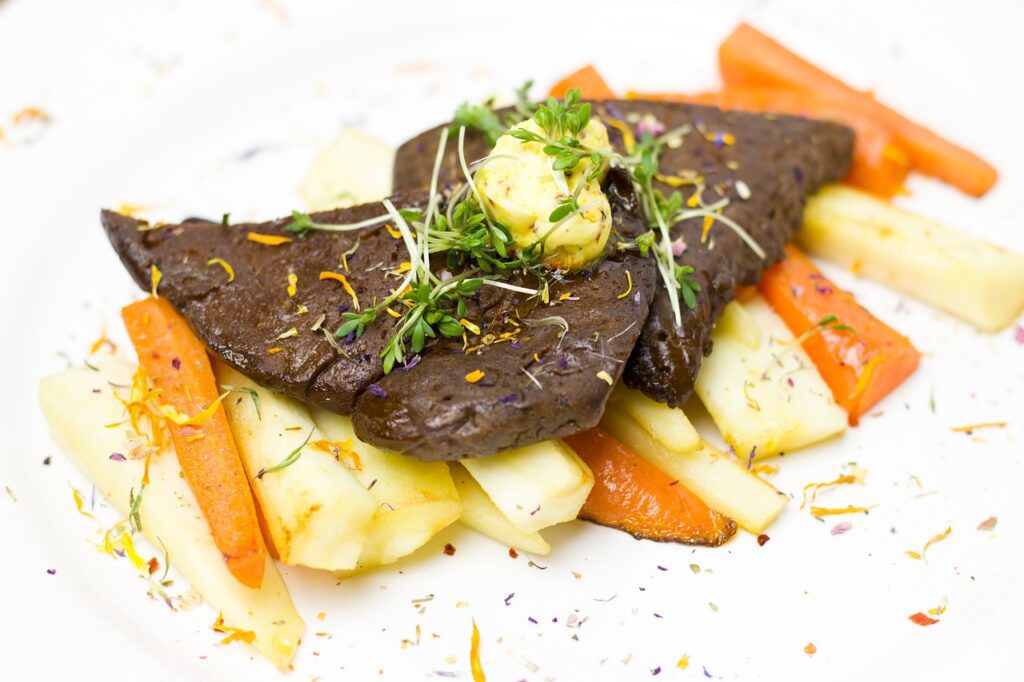
Seitan is a wheat gluten product containing as much as 25 grams of protein per 3.5 ounces. It is one of the popular stand-ins for meat among vegans.
Chai Seeds (Mexico)
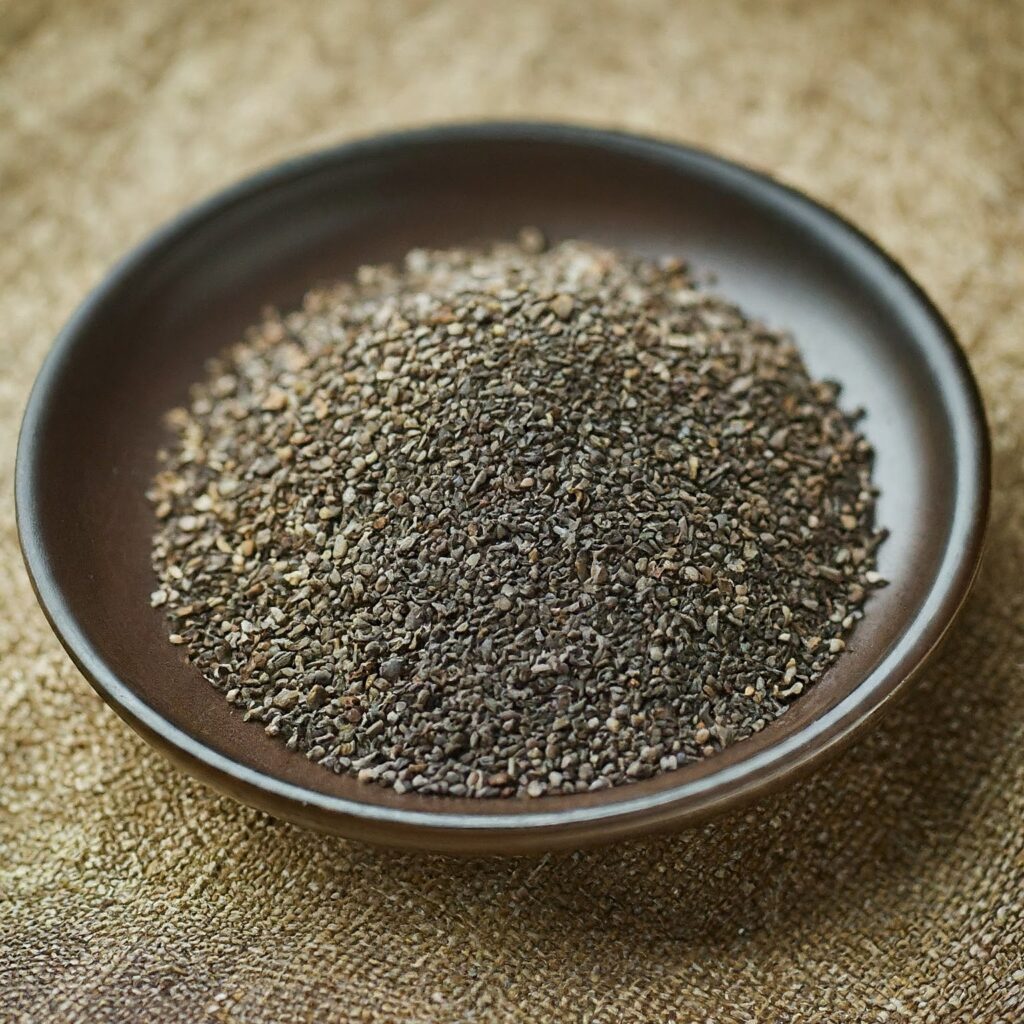
Chia seeds are a good source of 4 grams of protein per 2 tablespoons. In addition, they contain a large amount of fiber and omega-3 fatty acids.
Hemp Seeds (China)

Hemp Seeds are a multi-functional food that contains 10 grams of protein per 3 tablespoons, other than being rich in both omega-3 and -6 fatty acids.
Spirulina is a blue-green algae with 8 grams of protein per 2 tablespoons. It is also among the nutrient-dense foods that are rich in different vitamins and minerals.
Conclusion
You do not need to compromise on protein by being a vegan. Various foods from all around the world offer excellent sources of protein. You can create balanced, wholesome, and flavorful meals that your body will thank you for by filling them up with such high-protein vegan options.

